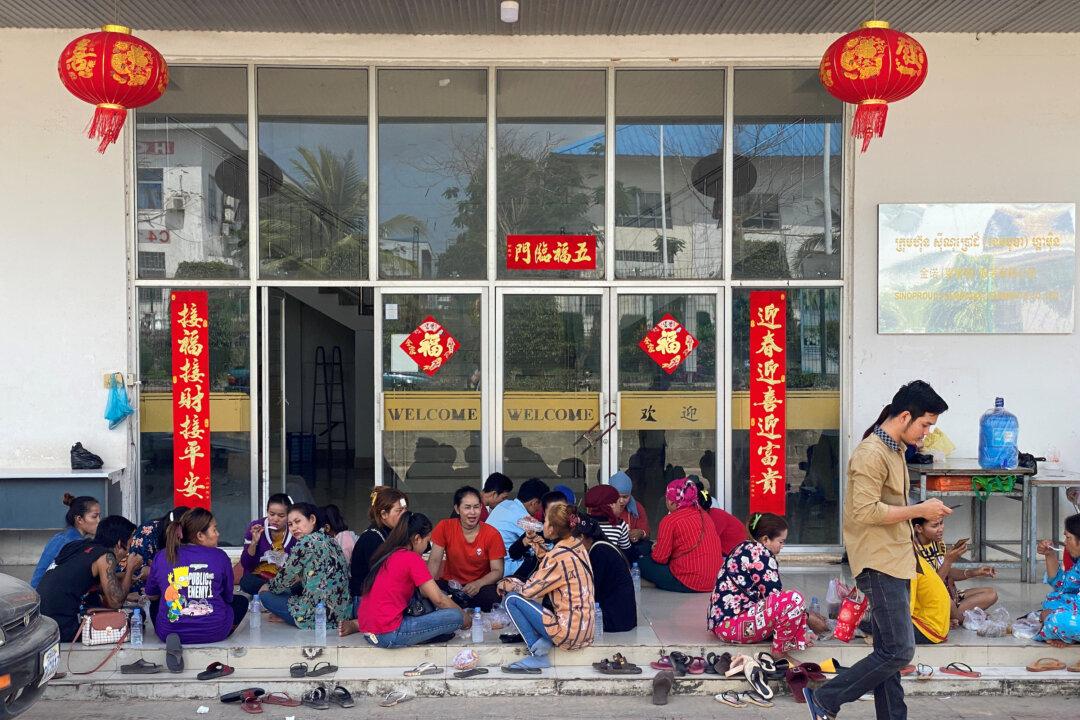When Chinese leader Xi Jinping made his first state visit this year to Burma (also known as Myanmar) and signed new infrastructure contracts, there was no indication of the obstacle about to trip up China’s plan for railways, ports and highways around the world: the coronavirus.
Travel restrictions to prevent the spread of the disease have idled much of the world’s second-largest economy and choked key elements of Xi’s signature “One Belt, One Road” (OBOR, also known as Belt and Road Initiative or BRI).





